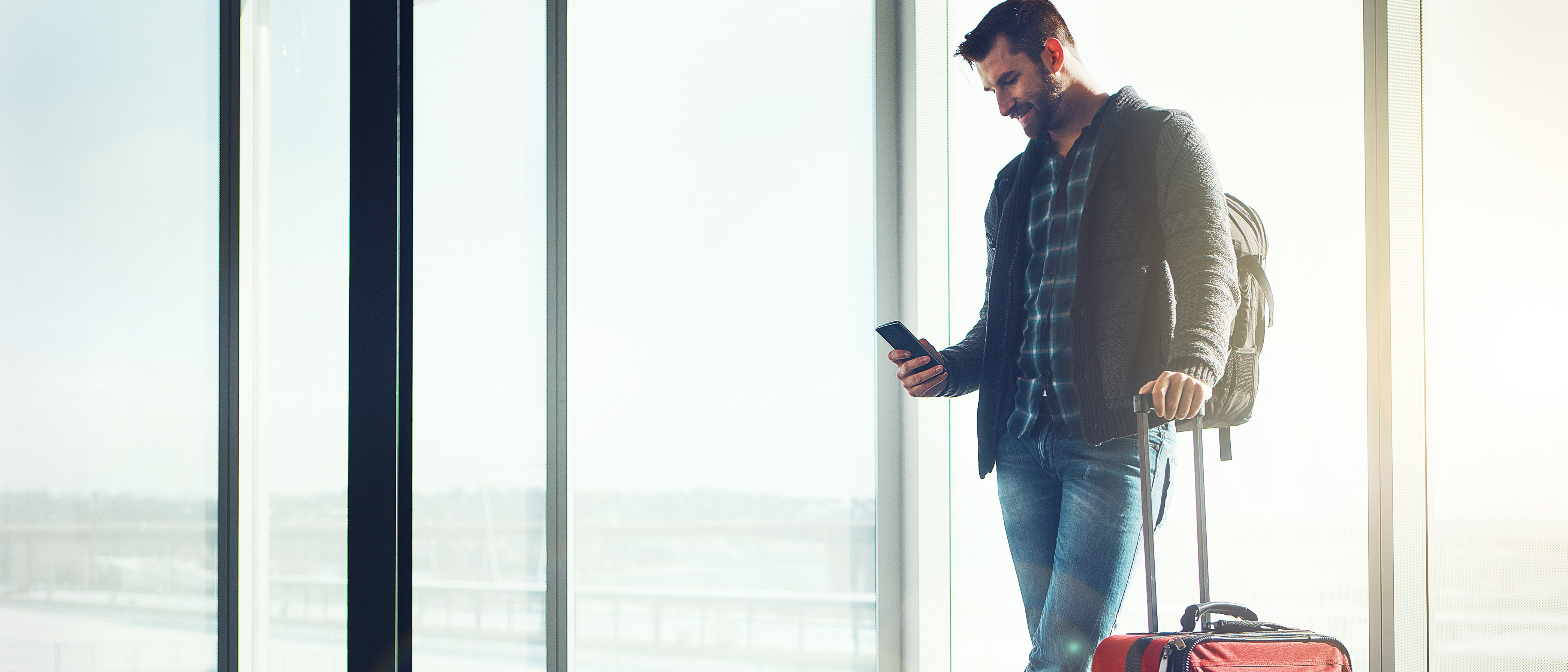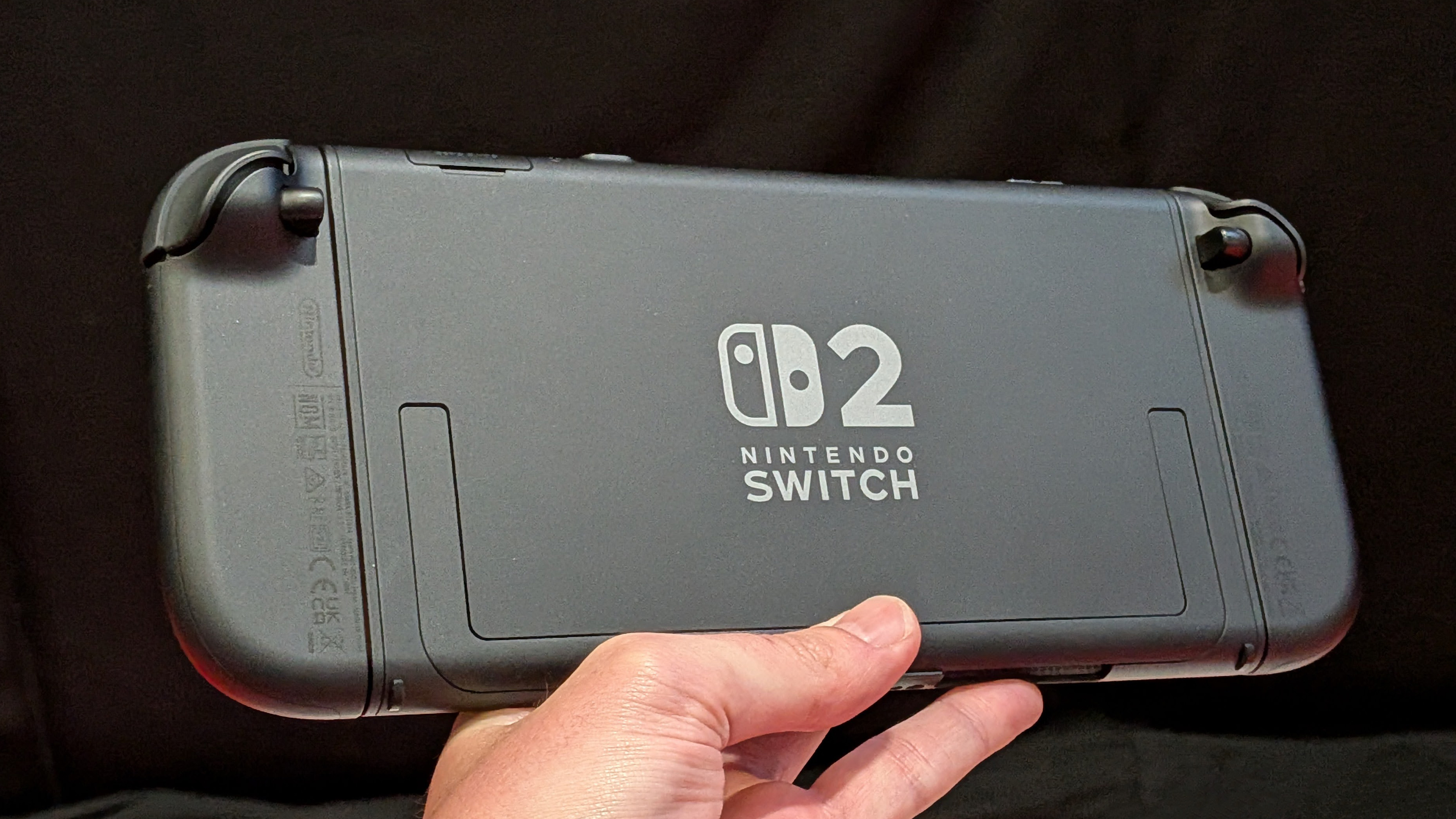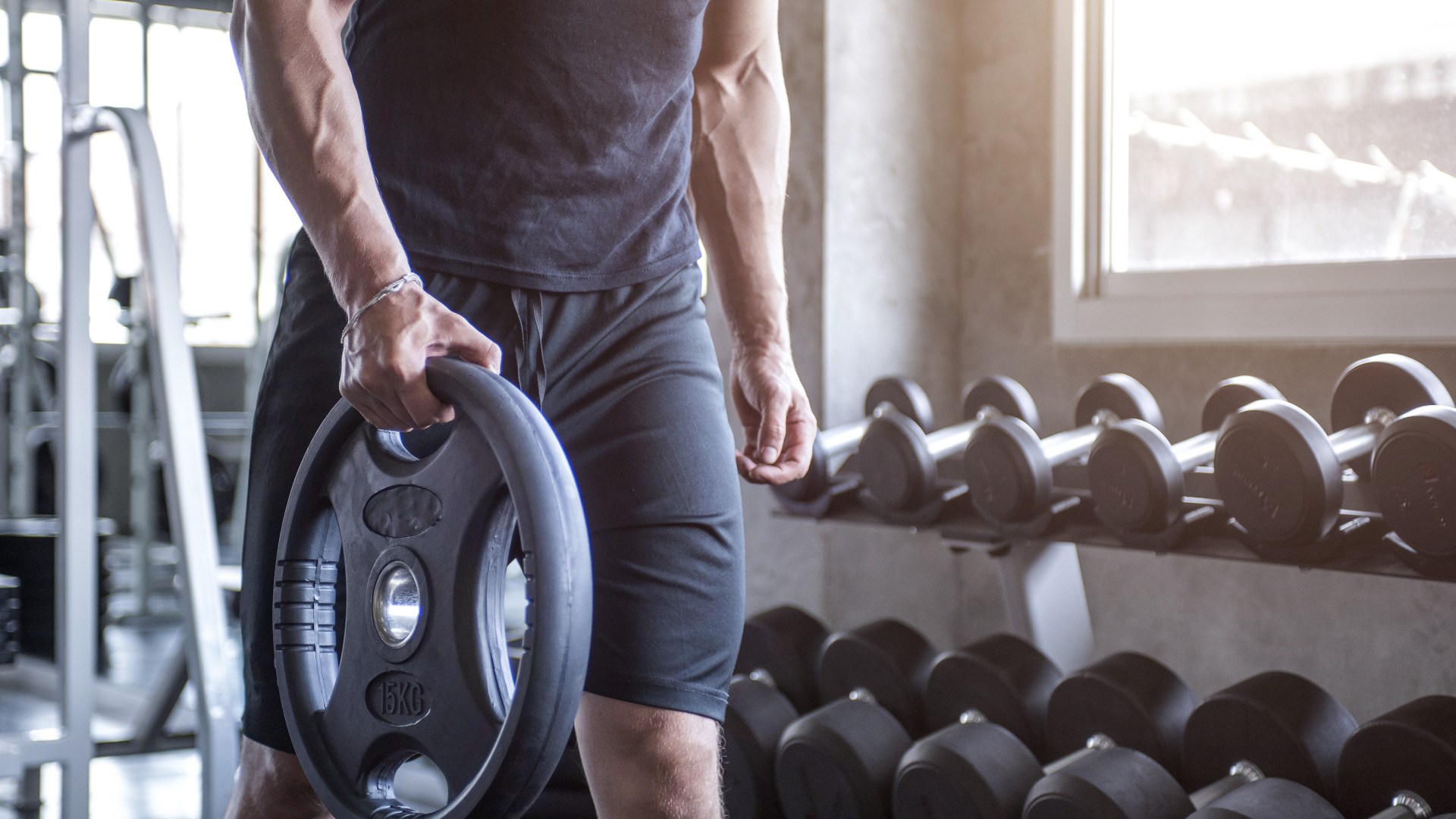

Most people aren’t born savvy travellers, in fact, if you don't do it regularly travelling can be quite intimidating. Well fear not, because T3 is here to share our ultimate travel tips.
The T3 team has travelled quite a bit over the years, from tech trade shows to testing cars in remote places of the world, we're pretty much always on the road, and we've learned a few lessons along the way.
- Before you travel make sure you read T3's ultimate guide to travel
- These are the best suitcases
- These are the best travel bags
- Record your trip with the best travel cameras
Of course, you can't plan for everything, but here are a few important things it's worth keeping in mind to make your travels much easier.
Here are T3's best travel tips:
1. Be flexible about when you want to fly
This isn’t always possible, but if you know you want to take a holiday next year in Cape Town, don’t allot a specific week to it and make it impossible to move. Instead, decide on two separate months, and look for flights.
That way, you’ll see where the cheap flights are (tip: never ever pick August unless you have no choice). If you’re locked into specific dates before you even search, you can easily become a victim of an event you’re not even aware is going on in a city, like a major international conference or a sports fixture.
If you do this a long way in advance (12 months is about the earliest possible), visit Google Flights and set-up an alert for when prices drop on your route.
Sign up to the T3 newsletter for smarter living straight to your inbox
Get all the latest news, reviews, deals and buying guides on gorgeous tech, home and active products from the T3 experts
2. Think about flight times, not just prices
It's obvious that you should try to avoid indirect flights that have long layovers, but there are many reasons to choose flights that are suited to you, not a specific airline’s schedule.
If you want to avoid queues and traffic, book a flight early in the morning. Yes, it means rising in the wee hours, but that's much better than travelling during rush hours to airports. That's a big no-no because it means you have to build in extra hours just in case there are delays.
If you have a choice, don't arrive back at a London airport on Friday evening. Also, if you're flying long haul it's tempting to fly overnight, but there's no point in arriving in the city so early in the morning that you can’t check in at your hotel (especially if you're travelling with a lot of luggage).
So what if an airline's schedule doesn't give you any choice; it's perfectly possible to mix-and match airlines, booking an outgoing flight with, say, Easyjet and the return leg on Ryanair.
3. Don’t check in luggage
You’ve heard this advice before, and probably ignored it, thinking it impossible. You just don’t need to travel with five changes of clothes, and with basic economy long-haul flights is becoming a trend, you can save a lot of money by packing only what you need in your hand luggage.
So after your next trip, write down what you actually used, and next time, just take that. Next, think underwear; buy three pairs of quick-drying underwear like the Icebreaker Anatomica Body Fit Underwear. They’re really comfy, and they dry in a few hours; washing one pair every time you have a shower (and hanging them up in the bathroom) massively cuts down on luggage.
Ditto for socks; try the Smartwool Men's Phd Outdoor Ultra Light Micro Socks. Quick-dry clothes like this are expensive, but they mean you can travel anywhere, and for any length of time, with only the kind of backpack you take to work.
4. Set an alarm on your phone after security
Rule one of flying; never miss your flight. How many times have you been in an airport bar and suddenly panicked about whether you will make in to the gate on time? It's all too easy for the hours fly by once you're through security, and lose all track of time, but the solution is really simple.
Once you get through security, look at the departures board and see at what time your flight’s gate will be announced. It will probably be about 90 minutes to two hours, if you got to the airport three hours before your flight. So set your phone's alarm for that exact time.
Meanwhile, you can go shopping for electronics/have a pint or three without worrying or stressing about missing your flight.
5. Download the airline’s app
Sure, you can print-out your own boarding pass. The airline will even email it to you, or send you a link via text message. However, you now get a lot more up-to-date information if you download the airline’s app.
As well as containing updates to your flight, such as the departure time and gate information, most airline apps now send your phone an alert when the gate is announced, and another when boarding is about to commence.
6. Always have a pen
If you're visiting a country outside of the EU, you're going to have to fill out forms. If you're lucky, the flight attendant will give you a form before you land.
If you have a pen on you, it's job done; you can fill out that form, and slip it in your passport for later. However, it's just as likely that you'll have to fill out more forms once you reach your destination – especially if it's the U.S., whose airports are generally congested, badly organised, and have incredibly long queues at immigration. Having a pen on you means you can avoid having to pause at desks provided before immigration while the queue massively increases.
Instead, you can march as far up the queue as possible, where you can fill in the form while you wait.
7. Take a large portable battery
Don’t expect to be able to charge your phone or tablet while in an airport or on a plane. Some cafes have USB slots and even wireless charging pads, while many planes now have USB slots besides screens.
Do all airports and planes have them? Absolutely not. Do they always work? They almost never work! So forget they exist and travel with a portable battery, but not the ‘lipstick’ type that hold about half a charge.
Always go for one that’s 10,000-12,000mAh, which is enough to refuel your phone about three or four times.
If you get delayed, it’s a lifesaver. There are tons available, but one with built-in cables like the Techlink ReCharge or this one by Charmast are particularly hassle-free.
Check out the Best portable smartphone batteries: juice up your phone on the go
8. Don’t rely on in-flight entertainment
And your flight’s blockbuster movie is … Star Wars. Unless you’re happy to watch films you've already seen and/or never wanted to see, it's best to bring your own in-flight entertainment.
Many airlines are downgrading their in-flight offerings, and in any case, the resolution and quality of their seat-back screens is far below that of your phone or tablet. So before you leave the comfort of your home and its high-speed WiFi, spend 10 minutes browsing the BBC iPlayer, Netflix and/or Amazon Video, and download enough video for you to binge-watch something.
However, don’t think that a long flight is time for watching epic films. Short TV episodes are much better if you want the time to go by quickly.
9. Don’t watch sad films
Marley & Me is not a suitable film to watch on a plane. Or anything that’s designed to make you well-up and weep – including war films – because there’s something about being in a confined space at 35,000ft. that lowers emotional barriers to sentimentality.
Normally stout fellows with stiff upper lips have been known to quiver and crack while watching fictional characters or, worse, their pets, have some kind of emotional or health issue that ends in tears. Your tears.
They don’t call them red-eye flights for nothing, you know.
10. Take a small empty water bottle
This one's pretty obvious, but almost no-one does it. Frequent and long-haul travel is about staying hydrated, but that tiny yoghurt pot of water served with airline meals is not going to sustain you for long.
These are the best reusable water bottles.
Yes, you can buy water in the departures lounge before you board the plane, but it tends to be expensive and in a large bottle that doesn’t sit well in the mesh pocket at your seat.
Most airports like to make it difficult to fill-up an empty water bottle by only providing very hot water in bathrooms, and by hiding water fountains, but you can now easily locate one in most U.K airports.
Jamie is a freelance journalist, copywriter and author with 20 years' experience. He's written journalism for over 50 publications and websites and, when he's not writing, spending most of his time travelling – putting the latest travel tech through its paces.

